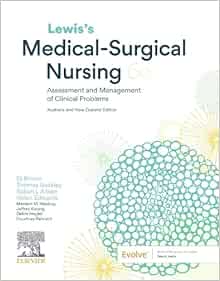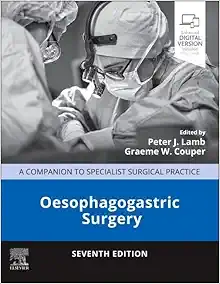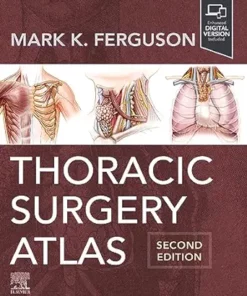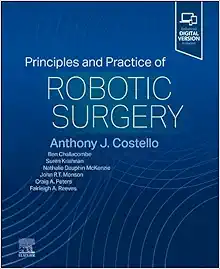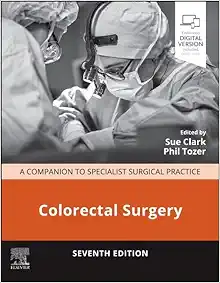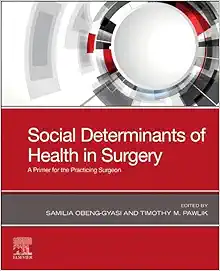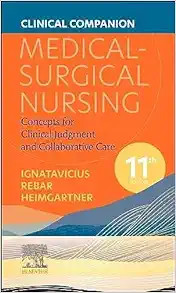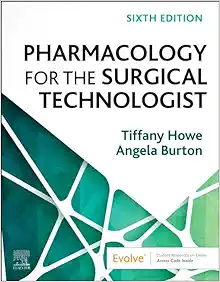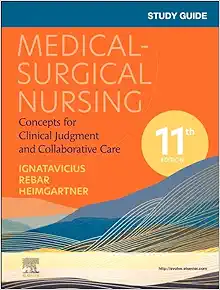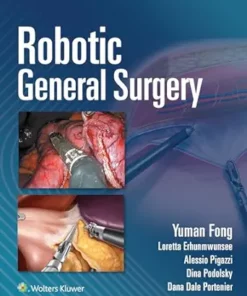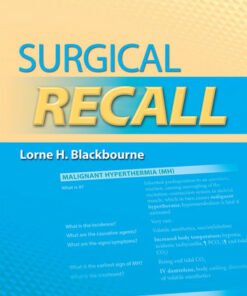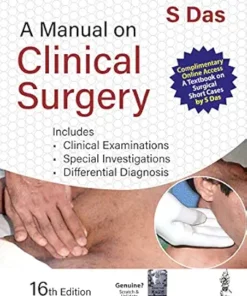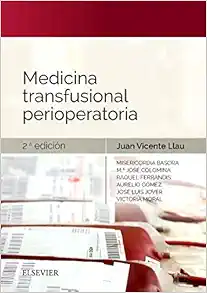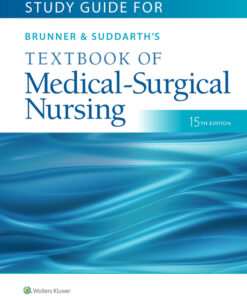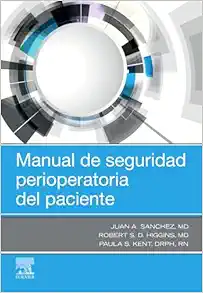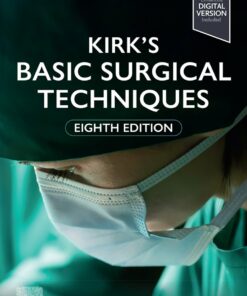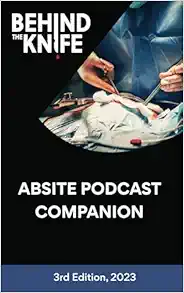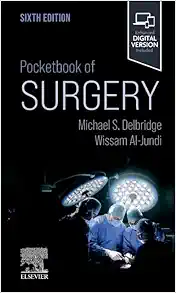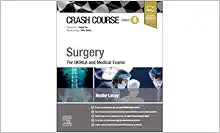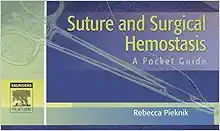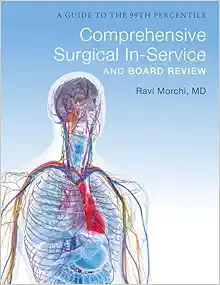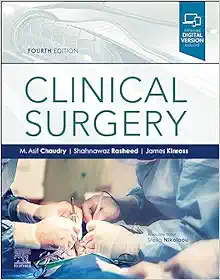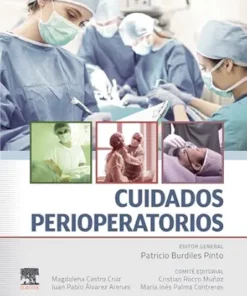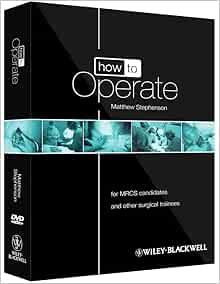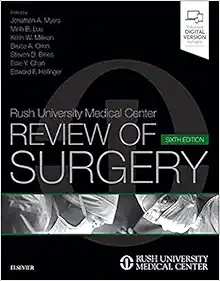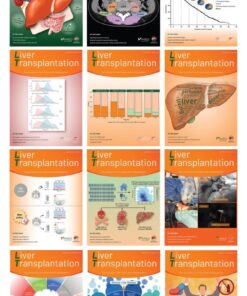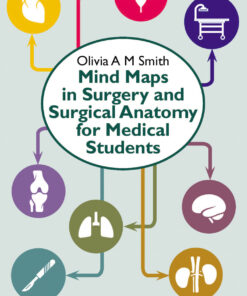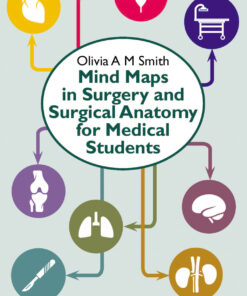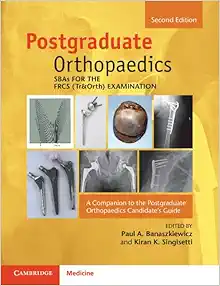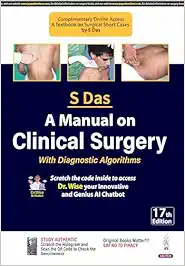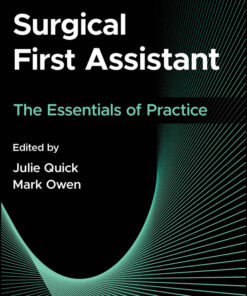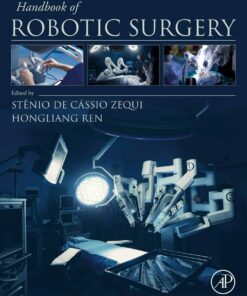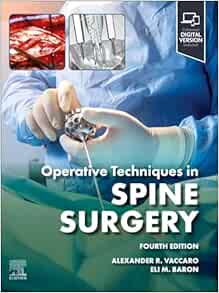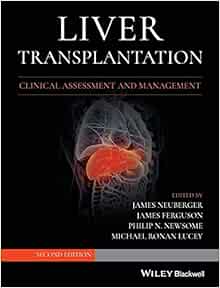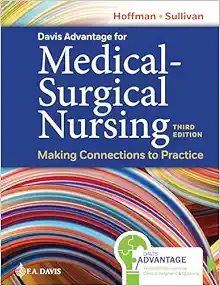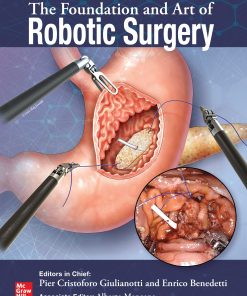The malleable body: Surgeons, artisans, and amputees in early modern Germany (Social Histories of Medicine, 52) ()
$6
Format : EPUB
File Size : 3.8 MB
The malleable body: Surgeons, artisans, and amputees in early modern Germany (Social Histories of Medicine, 52) ()
game.
Heidi Hausse has published a fascinating new book that sheds light on the little-known history of amputation and prosthetics in early modern Europe. In this groundbreaking study, she delves into the writings of craft surgeons and learned physicians to explore the debates that surrounded the practice of removing limbs and the development of prosthetic technology. By doing so, she uncovers a wealth of new information about embodied knowledge-making and the material culture of mechanical hands.
The book is a must-read for anyone who is interested in the history of medicine, prosthetics, or technology. It provides a unique window into the past, revealing how people in early modern Europe thought about the body and its capabilities. Hausse’s meticulous research is coupled with clear and engaging prose, making the book accessible to a wide range of readers.
One of the most interesting aspects of the book is the way it situates prosthetic technology within broader debates about the human body. Hausse shows how the development of prosthetics was intertwined with changing ideas about what it meant to be human. Indeed, she argues that the emergence of prosthetic technology helped to create a new understanding of the human body as malleable and alterable. This perception is fundamental to biomedicine today, so the book provides valuable insights into the historical roots of contemporary medical practices.
The book is also beautifully produced, with high-quality illustrations and elegant design. Its physical appearance is a testament to the importance of material culture in understanding the past. The book would make an excellent addition to any library, whether in the home or at a university or research institution.
Why You Should Buy This Book
If you’re interested in the history of medicine, prosthetics, or technology, then this book is a must-read. It’s accessible, well-written, and full of fascinating insights. It sheds new light on a little-known aspect of early modern European history and will challenge your assumptions about the human body. It’s also beautifully produced and would make an excellent addition to any library. So why not order a copy today?
Whether you’re a scholar, a student, or a general reader, this book will inform and inspire you. It’s a fascinating journey into the past that will help you to appreciate the complexity of human history. So don’t miss out – order your copy now and join the growing community of readers who have been captivated by Heidi Hausse’s groundbreaking research!
Video Game or Movie that Relates to the Book
The themes explored in Heidi Hausse’s book are not confined to the realm of history. In fact, they are also relevant to contemporary popular culture. One video game that explores similar themes is Deus Ex. The game is set in a dystopian future where people have begun to augment their bodies with cybernetic enhancements. The player takes on the role of Adam Jensen, a security officer who is himself augmented. The game explores the ethical implications of human augmentation and asks whether it is morally justifiable to alter the body in this way.
Another movie that is relevant to the book is Ex Machina. The movie is about a young programmer who is invited to test an AI-powered robot with a human-like appearance. As the programmer spends more time with the robot, he begins to question his assumptions about what it means to be human. The movie raises important questions about embodiment, technology, and the nature of humanity.
If you’re interested in these topics, then you’ll find Heidi Hausse’s book to be an illuminating read. It will deepen your understanding of the historical roots of contemporary debates about the body and its capabilities. So why not order a copy today and start exploring the fascinating world of amputation, prosthetics, and embodied knowledge-making in early modern Europe?
Product Details
- Publisher : Manchester University Press (June 17, 2023)
- Language : English
- Hardcover : 288 pages
- ISBN-10 : 152616065X
- ISBN-13 : 978-1526160652
Related Products
GENERAL SURGERY
GENERAL SURGERY
GENERAL SURGERY
Thoracic Surgery Atlas, 2nd Edition (True PDF from Publisher)
GENERAL SURGERY
GENERAL SURGERY
GENERAL SURGERY
GENERAL SURGERY
Behind the Knife – ABSITE Podcast Companion, 3rd edition (EPUB)
GENERAL SURGERY
GENERAL SURGERY
GENERAL SURGERY
GENERAL SURGERY
GENERAL SURGERY
GENERAL SURGERY
GENERAL SURGERY
GENERAL SURGERY
GENERAL SURGERY
GENERAL SURGERY
The General Surgeon’s Guide To Passing The Oral Boards (EPUB)
GENERAL SURGERY
GENERAL SURGERY
EMQs in Surgery (Medical Finals Revision Series), 2nd Edition
GENERAL SURGERY
Allgemein- und viszeralchirurgische Eingriffe im 3. und 4. Jahr
GENERAL SURGERY
GENERAL SURGERY






